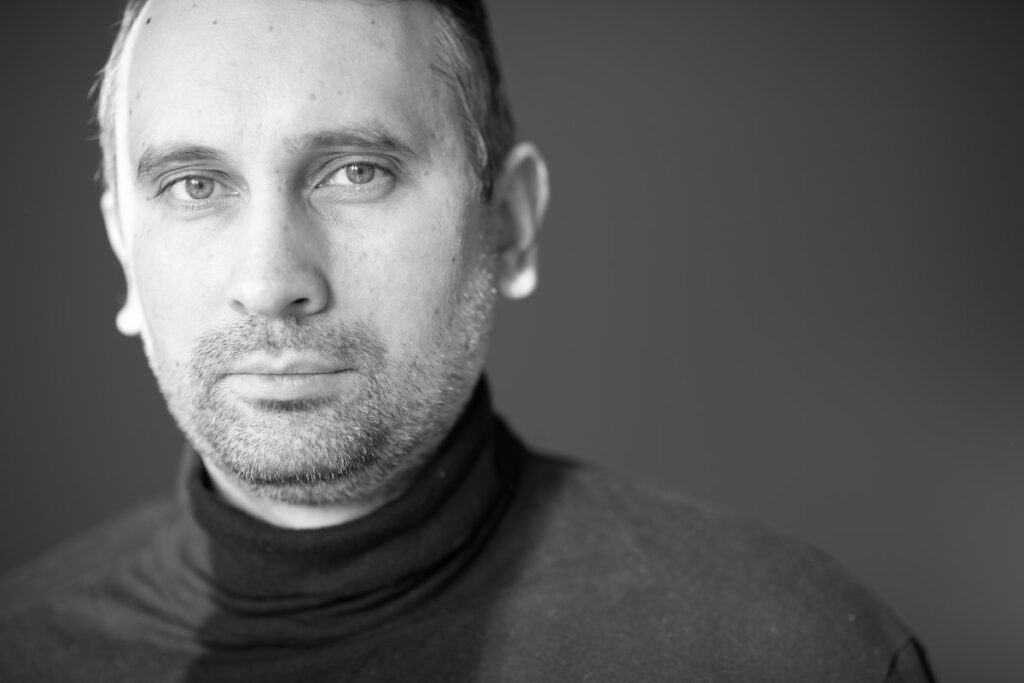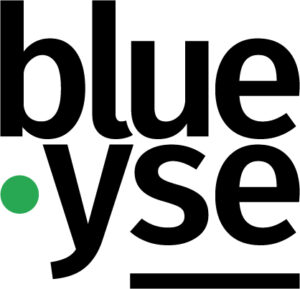
According to a report by WHO, there are 1 billion people worldwide with disabilities. That is a whopping 15% of the world’s population. The Netherlands has 2 million people with a disability. In 2020 the number was 1.8 million. According to ILO, more than 80% of people with a disability are excluded from work. This results in an annual loss of 2000 billion dollars of the world’s GDP. That means that there is potential that remains untapped. Even though there is a big people shortage in the labour market, 1 in 3 employers is not open to hiring people with a disability.
(In)visible disability
Many people associate a disability with visible work disabilities, like blindness, being in a wheelchair or a mental disability. In the case of an invisible disability, it is often not immediately visible that people have a disability, such as autism or an anxiety disorder. We also have to consider a hard-of-hearing night nurse, an interior designer with ADHD or a midwife with dyslexia. Or a saleswoman with chronic depression, the visually impaired, heart patients and people with rheumatism.
High-tech companies have a big need for neurodivergent people
People with a neurodivergent brain, like ADHD, dyslexia or autism, do not have a disorder. They just think differently than ‘the average person’. Approximately 10 to 20% of the population is neurodivergent. Neurodiversity is oftentimes overlooked and misunderstood. While neurodivergent people were (and are) the driving force behind countless innovations. They perform above average in analytical thinking, logic, creativity and out-of-the-box thinking.
ASML innovates with neurodivergent employees
At the high-tech company ASML, they innovate on a large scale together with neurodivergent employees. Especially considering the fact that neurodivergent people have a hard time applying for job vacancies. Therefore, it is important that the employer makes the entire application process attractive to neurodivergent people. ASML has an internal network for neurodiverse employees: Atypical. Atypical brings together the many ASML colleagues who are neurodiverse and helps them feel understood and connected with others. Besides connecting with colleagues who are neurodivergent, they teach each other how to best help people who are neurodivergent, and through becoming allies.
Employers are hesitant
Many employers think that when you hire someone with a disability, absenteeism will rise. While absenteeism rates actually will decrease because people who do not have a disability look up to a colleague who does have a disability. Seeing that people are productive despite a disability and can be valuable and fun colleagues helps put one’s own problems in perspective. Especially employers who have no experience with this target group are hesitant. They are afraid that it is very time-consuming and that they have to supervise someone with a disability much more.
What facilities does UWV offer?
According to the UWV, not all employers are familiar with the schemes and instruments available to them. The UWV helps employers get over their reluctance to hire someone with WIA or WAJONG benefits. If the employer is open to the idea, the UWV can help by conducting an inclusive business analysis. Furthermore, the UWV also has many facilities to support employers in the process. Such as a job coach who helps the Wajonger during the trial placement – and sometimes longer. There are also various financial schemes that employers can make use of when hiring someone from the WIA or Wajong, such as wage dispensation, wage cost-benefit, and the no-risk policy.
The inclusive employer uses new techniques
Inclusive employment means offering work to jobseekers with labour disabilities. These are often employees with a physical, sensory, mental or chronic condition. An inclusive employer exploits the added value of diversity in his organisation and ensures that employees can make the most of their abilities and talents. It is amazing what technological gadgets are available today to enable people with disabilities to function well. There are also opportunities in job carving. In job carving, you split up existing functions to create jobs for people with disabilities. Not only do they benefit, but so does your company. After all, it contributes to higher efficiency and sustainable operations.
Jasper Kool is the Founder of Happy Toasti, a company that helps people with visible and invisible disabilities find fun and paying jobs in the hospitality industry. For Kool, discrimination in any form is a no-go. In the summer of 2020, a special partnership between Heineken, Happy Toasti and Milieuwerk led to the establishment of Social Capital. Social Capital was the first employer to receive funding from the Social Innovation Fund (SIF). This is an initiative of the Ministry of Social Affairs and Employment (SZW) to help employers hire people with a distance from the labour market on a large scale. Social Capital aims to create over 200 jobs for people with labour disabilities in The Hague in four years.
Sources
Boîte à outils « employeur inclusif : https://www.hi.org/fr/boite-a-outils-employeur-inclusif
INCLUVIS | Vers des pratiques inclusives en employabilité des personnes en situation de handicap : https://crispesh.ca/incluvis-vers-des-pratiques-inclusives-en-employabilite-des-personnes-en-situation-de-handicap/
Handicap bespreekbaar maken bij werkgevers: https://www.handicapenarbeid.be/informatie-databank/handicap-bespreekbaar-maken-bij-werkgevers
Mensen met een arbeidsbeperking kunnen in vrijwel ieder bedrijf meerwaarde bieden: https://inspiratie.uwv.nl/werkgeverschap/mensen-met-een-arbeidsbeperking-kunnen-vrijwel-ieder-bedrijf-meerwaarde-bieden
“Mensen met een beperking zijn niet hun beperking, ze hebben er een.”: https://www.trendsinhr.nl/mensen-met-een-beperking-zijn-niet-hun-beperking-ze-hebben-er-een/
Waarom ze bij ASML innoveren met mensen met autisme en ADHD: https://mtsprout.nl/tech-innovatie/innovatiestrategie/asml-neurodiversiteit-innovatie
Jasper Kool: https://mtsprout.nl/ranglijst/inclusive-30-van-2022/jasper-kool
